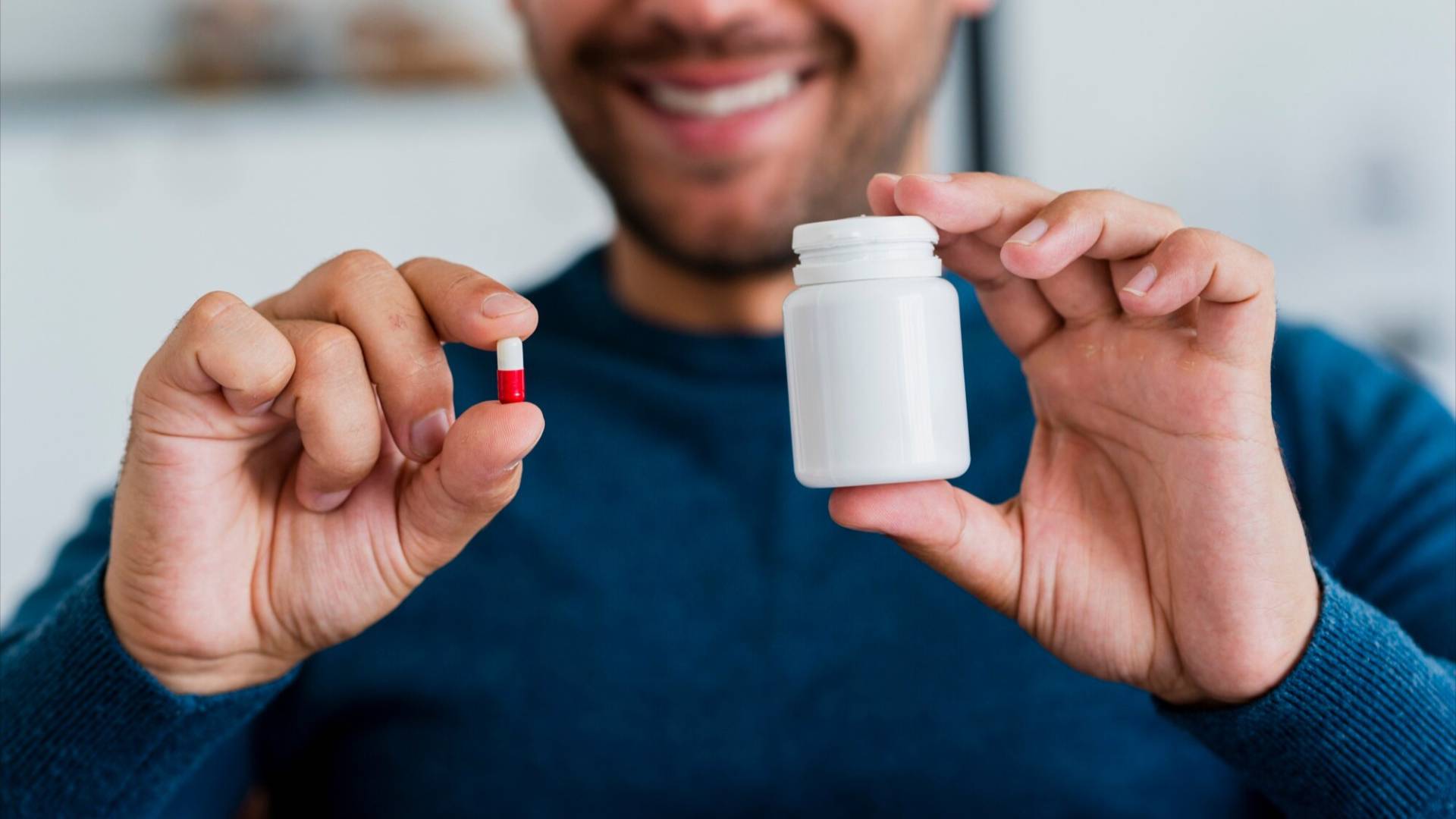Coenzyme Q10: The secret to more energy and better health?

Coenzyme Q10 (CoQ10) is a molecule naturally present in every organ of the human body. It is also found in certain foods and dietary supplements. Since CoQ10 levels decline with age, it is often associated with beneficial effects on energy, heart health and longevity (NIH, 2023). But what does the research say? Here's a roundup of supposed benefits, recommended dosages and precautions to take.
What are the real benefits of CoQ10?
- A natural energy booster
CoQ10 plays a key role in cellular energy production by facilitating the synthesis of adenosine triphosphate, a molecule essential to the body's proper functioning. A meta-analysis of 13 studies showed that taking CoQ10 supplements significantly reduced fatigue compared to a placebo (Journal of Nutrition, 2021).
- Anti-ageing protection for your cells
CoQ10' s antioxidant properties neutralize free radicals, the unstable molecules responsible for cellular aging and certain chronic diseases. As a "free radical hunter", it helps reduce inflammation and oxidative stress, thus contributing to cell protection.
- A potential ally for your heart
The heart is one of the most energy-intensive organs in the body. CoQ10 is thought to play a role in cardiac energy production and the management of oxidative stress. However, according to the National Institutes of Health(NIH), current scientific evidence is insufficient to affirm that CoQ10 prevents heart disease. An analysis of 11 studies showed that no definitive conclusions could be drawn regarding its effect on heart failure (NIH, 2022).
How do I dose CoQ10 to get the maximum benefits?
CoQ10 supplements are available in doses ranging from 30 to 600 mg per day. Most studies suggest a dosage of between 100 and 200 mg to benefit from its potential effects. However, it' s best to consult a healthcare professional before starting supplementation, as requirements vary from one individual to another.
Precautions and side effects: What you need to know
Although CoQ10 is generally well tolerated, some mild side effects have been reported, including digestive disorders, dizziness, insomnia and skin rashes. In addition, pregnant or breastfeeding women should avoid this supplement due to the lack of research on its safety during pregnancy.
CoQ10 may also interact with certain medications, notably anticoagulants, treatments for hypertension and certain anti-cancer drugs. It is therefore essential to check with a healthcare professional before introducing this supplement into your routine.
Other articles you may be interested in:
 Mathieu Maggiore
Mathieu Maggiore

Comments